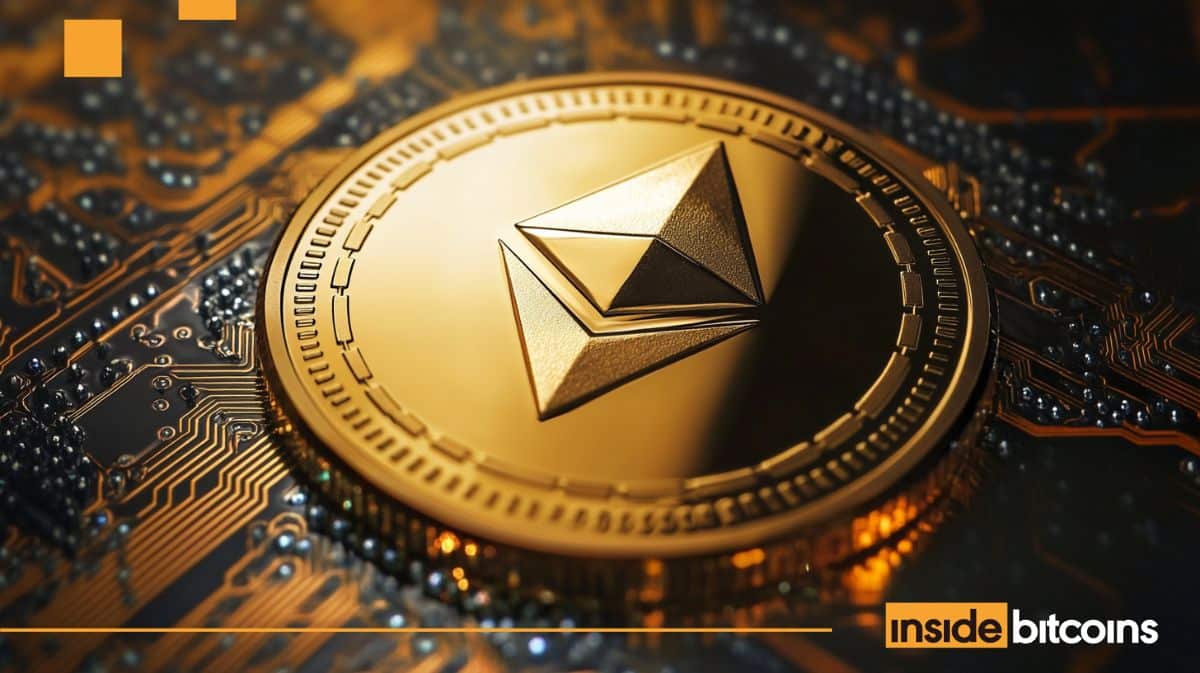2025-1-6 16:30 |
Ethereum co-founder Vitalik Buterin has published a sweeping vision for a new era of “decentralized and democratic differential defensive acceleration,” warning that superintelligent AI may pose existential threats unless humanity adopts a carefully balanced approach of accelerating protective technologies, fostering openness, and building strong liability and regulatory safeguards.
Ethereum Founder Wars Of AI Doom“It’s not clear that the default outcome is automatically positive,” he writes in his latest blog post, emphasizing that in a world where artificial superintelligence could arrive in as little as five years, the margin for error shrinks dramatically. “If we don’t want the world to be destroyed or otherwise fall into an irreversible trap, we can’t just accelerate the good, we also have to slow down the bad, and this means passing powerful regulations that may make powerful people upset.”
Buterin’s proposal focuses on finding equilibrium between rapid technological advancement and preparedness. He urges people to “build technology that keeps us safe without assuming that ‘the good guys (or good AIs) are in charge,’” warning that a careless arms race in AI research or biotech could just as easily empower militaries or malicious actors.
In a striking example, he predicts a near-future scenario in which “a disease that simulations show might have been five times worse than Covid twenty years ago turns out to be a non-issue today,” thanks to decentralized, community-driven defenses like open-source air monitoring and instantly updated vaccine code. “People who have been working on these technologies for years are increasingly aware of each other’s work,” he observes, adding that “the same kinds of values that motivated Ethereum and crypto can be applied to the wider world.”
The heart of the Ethereum co-founder’s defense strategy rests on expanding and refining what he calls “d/acc,” a plan to prioritize tools that empower individuals rather than governments or corporations to decide who gets access to crucial resources. “If we want to create a brighter alternative to domination, deceleration, and doom, we need this kind of broad coalition building,” he says, noting that the decentralized aspect of his framework would avoid “some period of war of all against all” and stave off an equilibrium where only the strongest rule.
He specifically calls out the dangers of centralized authorities managing AI. “We saw this in Covid, where gain-of-function research funded by multiple major world governments may have been the source of the pandemic,” he writes, stressing that heavy-handed central control is often the source of catastrophic failure rather than a reliable defense.
The Defense StrategyHe devotes much of his post to two legal and regulatory ideas for confronting the potential runaway risks of advanced AI. One is liability: “Putting liability on users creates a strong pressure to do AI in what I consider the right way,” he says, arguing that people who directly utilize AI systems should bear the cost if those systems cause harm.
He acknowledges the complications that arise when dealing with open-source models or powerful militaries, but insists liability is still “a very general-purpose approach that avoids overfit.” He also points out that holding deployers and developers accountable also makes sense, so long as it doesn’t crush open innovation with excessive legal burdens. “Even if some users are too small to be held liable, the average customer of an AI developer is not,” he suggests, seeing this as a pressure that could naturally push dangerous AI research toward safer pathways and more transparent governance.
His second regulatory approach is more audacious. “If I was convinced that we need something more ‘muscular’ than liability rules,” he explains, “this is what I would go for: a global ‘soft pause’ button on industrial-scale hardware.” He imagines a scenario where specialized chips inside the most powerful computing machines, used to train or run near-superintelligent AI models, would require a set of signatures every week from multiple international bodies.
“This feels like it checks the boxes in terms of maximizing benefits and minimizing risks,” he says, describing how shutting down or throttling the world’s total compute capacity by 90–99% for a year or two could give humanity time to respond if an emerging AI threat started spiraling out of control.
He remarks that such an all-or-nothing pause on hardware would be difficult to undermine, since “there would be no practical way to authorize one device to keep running without authorizing all other devices.” But he also concedes the immense difficulty of persuading the global community to adopt such a measure, saying it will take “hard work of actually trying to cooperate” rather than trusting one major power to dominate everyone else.
Buterin connects his thinking on AI risks to the broader ethos of Ethereum, open-source development, and decentralized governance, asserting that “the same kinds of values that motivated Ethereum and crypto can be applied to the wider world.” He notes that collaboration tools like prediction markets, which are already flourishing on Ethereum and other blockchain platforms, could serve as powerful defenses against misinformation and panic if combined with privacy mechanisms such as ZK-SNARKs.
He also sees “formal verification, sandboxing, secure hardware modules, and other technologies” as cornerstones for building a robust cyber-defense layer that could thwart an AI trying to hijack systems. “It hacks our computers, it creates a super-plague, it convinces us to distrust each other—these are the ways an AI takeover could happen,” he warns, offering bio-defense, cyber-defense, and ‘info-defense’ as critical aspects of the protective infrastructure that the Ethereum community can help build.
He also delves into the question of how these decentralized, security-focused projects might find funding, reaffirming his faith in “strong decentralized public goods funding” to ensure that open-source vaccines, biotech, and encryption tools do not languish for lack of profit. “Quadratic funding and similar mechanisms were precisely about funding public goods in a way that is as credibly neutral and decentralized as possible,” he explains, though he acknowledges that older systems can quickly turn into popularity contests that favor flashier projects.
His latest approach, “deep funding,” seeks to let AI models aggregate human evaluations of which projects deserve financial support, using a “dependency graph” so that donors can see how each initiative builds on the work of others. “By using an open competition of AIs, we reduce the bias from any one single AI training and administration process,” he notes, celebrating crypto’s ability to rally communities around such experiments.
His blog post repeatedly returns to the idea that focusing on purely defensive or purely centralized strategies is a recipe for disaster. “The challenge with attempts to slow down technological progress, or economic degrowth, is twofold,” he says, pointing out that trying to halt research outright would impose huge costs on humanity and fail to stop rogue actors.
He also warns against strategies that place too much trust in “the center,” citing the World Health Organization’s early denial of airborne Covid transmission as an example of how big organizations can get things dangerously wrong. “A decentralized approach would better address risks from the center itself,” he insists.
The Ethereum co-founder closes by urging supporters to see that technology can be both a threat and a tool for empowerment, depending on how it is handled. “We, humans, continue to be the brightest star,” he declares, insisting that global coordination, open-source collaboration, and defense-minded acceleration are the keys to weathering a century that could bring superintelligent AI, breakthrough vaccines, and a new generation of security technologies.
“Access to tools means that we are able to adapt and improve our biologies and our environments, and the ‘defense’ part of d/acc means that we are able to do this without infringing on others’ freedom,” the Ethereum co-founder writes. “The task ahead of us, of building an even brighter 21st century that preserves human survival and freedom and agency as we head toward the stars, is a challenging one. But I am confident that we are up to it.”
At press time, Ethereum traded at $3,639.
origin »Bitcoin price in Telegram @btc_price_every_hour
Ethereum (ETH) на Currencies.ru
|
|


